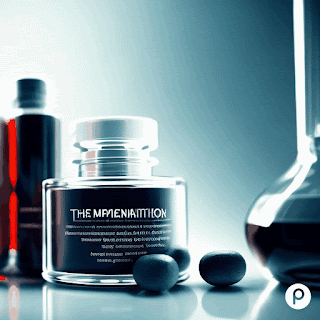Drug Formulation: The Complete Pharmaceutical Guide
Drug formulation refers to the process of developing a drug product that contains a specific volume of an active pharmaceutical ingredient (API) and other necessary factors in a form suitable for administration to patients.
Importance of Drug Formulation
The formulation process is critical to the pharmaceutical industry for several reasons:
Enhancing Drug Efficacy
Formulation helps optimize the drug's therapeutic effect and ensure its safety by developing a product that delivers the active component effectively while minimizing adverse effects.
Ensuring Patient Compliance
Formulations are designed to make medicines easier to administer and improve treatment adherence.
Expanding Market Opportunities
Different formulations can target different patient populations, improving access to treatment.
Patent Protection
New formulations can extend patent protection, providing additional exclusivity.
Drug Formulation Development Process
1. Pre-formulation Studies
Characterization of the API's physicochemical properties to identify the most suitable form for formulation.
2. Formulation Design and Optimization
Developing a stable, bioavailable formulation that meets quality, safety and efficacy requirements.
3. Drug Delivery Systems
Designing systems to optimize delivery and improve compliance through various administration routes.
Types of Drug Formulations
Solid Dosage Forms
Tablets, capsules, powders, granules, and sustained-release formulations.
Liquid Dosage Forms
Solutions, suspensions, emulsions, and syrups.
Semisolid Dosage Forms
Creams, ointments, and gels for topical application.
Manufacturing Challenges
Key challenges include maintaining consistency, controlling costs, scaling up production, and ensuring regulatory compliance with GMP standards.
Regulatory Aspects
FDA regulations, Good Manufacturing Practices (GMP), and compliance requirements govern drug formulation to ensure safety and efficacy.
Future of Drug Formulation
Advancements in technology will enable more personalized and precision medicines through innovative delivery systems and targeted therapies.




